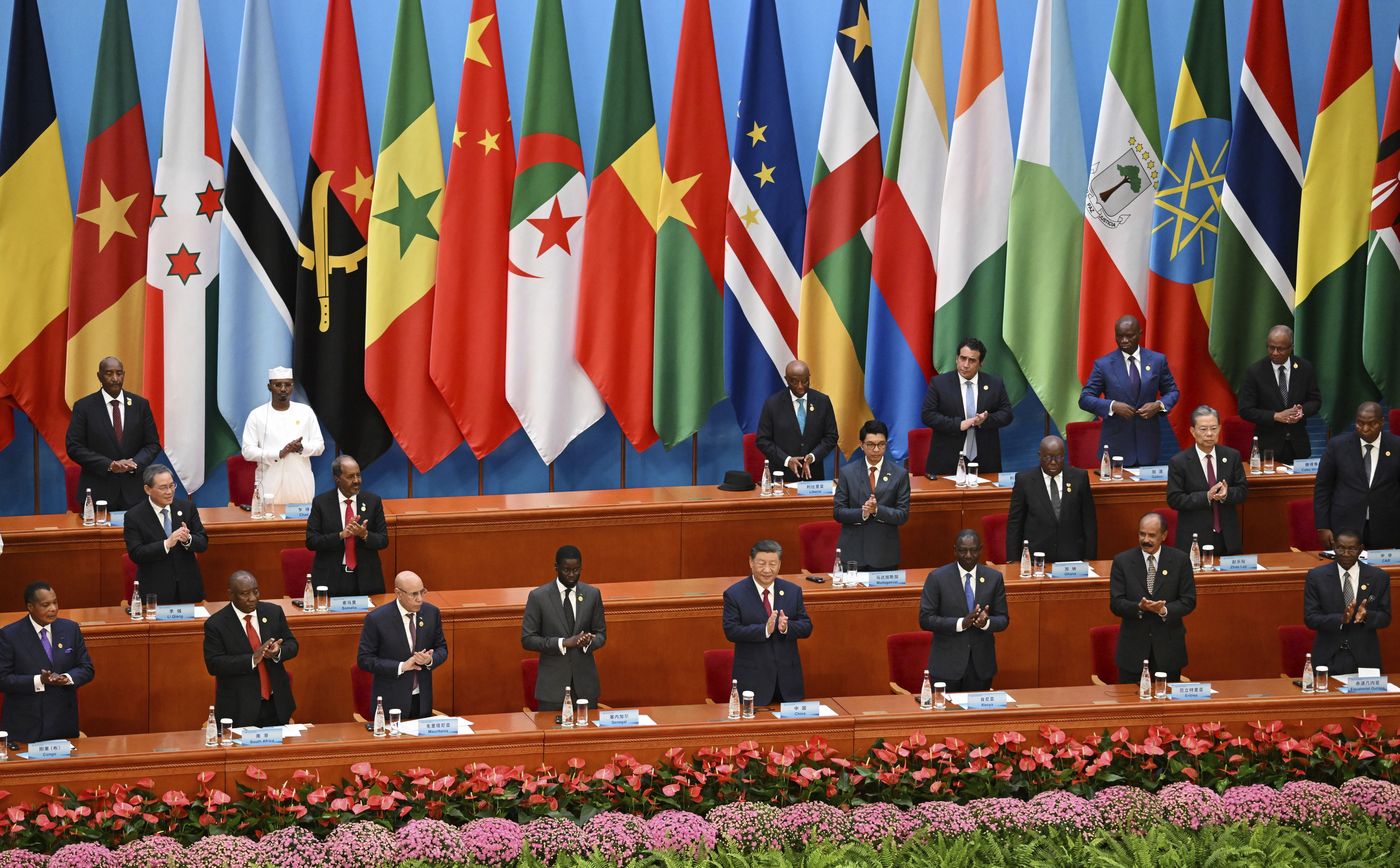From Megaprojects to “Small yet Beautiful”
Infrastructure finance is back on the agenda, but at a much lower level compared to that available in the 2010s. Despite recent debates on debt sustainability in African countries and economic slowdown in China, Xi Jinping announced that China will provide USD 50.7 billion of financial support over the next three years. About USD 30 billion will be provided as credit, about USD10 billion as development assistance and another USD 10 billion in investment by Chinese companies in Africa.
One could argue that announcing sizable finance packages is in line with previous FOCAC summits. In 2015 and 2018, USD 60 billion was pledged for each subsequent three-year period. The recently announced package is both smaller and spread more broadly across credit, investment and development assistance. Not least in light of the economic slowdown in China, the era of continuously increasing finance packages has clearly come to an end.
More importantly, China is adjusting the type and sectors of the projects funded. With the launch of China’s Belt and Road Initiative in 2013, China for several years prioritized large-scale infrastructure projects, such as the Standard Gauge Railway in Kenya or the Addis–Djibouti Railway in Ethiopia. More recently, and at least partly in response to growing criticism of the BRI, China has been promoting the so-called “small yet beautiful” approach: smaller and more targeted projects that are both economically viable and make a positive contribution to the environment and to social development.
The FOCAC Beijing Action Plan (2025–2027) announced that China will deliver 1,000 such “small yet beautiful” projects to improve people’s livelihoods over the next three years. Existing examples of such projects are the “Luban Workshop”, which focuses on vocational education and the training of professionals and technicians. Another is the promotion of Juncao technology, which focuses on developing sustainable solutions, such as the cultivation of edible and medicinal mushrooms and the planting of a high-yield, drought-resistant grass suitable for feeding livestock.
It will be interesting to follow the implementation of these projects, as smaller projects require proportionally more bureaucratic effort than larger ones. African countries that are focused on reducing debt and moving away from large infrastructure projects may welcome this new approach, while those still reliant on substantial loans to address the infrastructure gap may view the shift with frustration, as smaller projects could restrict access to the financial resources and large-scale infrastructure needed for accelerated growth.
